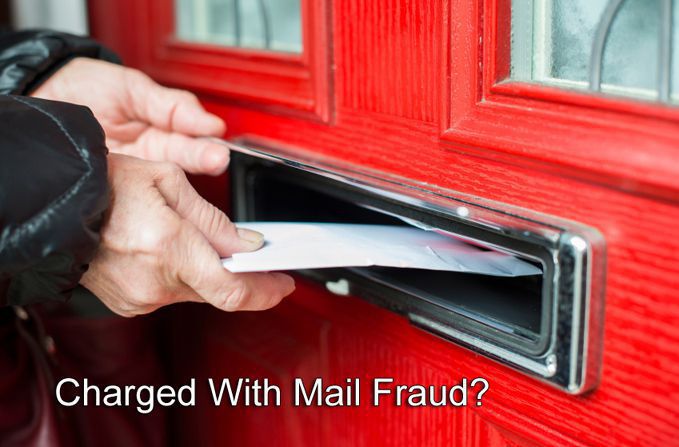
What is Mail Fraud?
Mail Fraud is a crime in which the perpetrator develops a scheme using the postal service or a commercial interstate carrier, such as UPS or FedEx, to defraud another of money or property. This crime specifically requires the intent to defraud, such as by using deceit, concealment or trickery.
Is Mail Fraud a Federal Offence?
Yes. Mail fraud is a federal offense governed by section 1341 of title 18 of the U.S. Code.
How is Mail Fraud Punishable?
Punishment for a conviction under the mail fraud statute is a fine up to $250,000 or imprisonment for not more than five years, or both. If, however, the violation affects a financial institution, the punishment is more severe: the statute provides that “the person shall be fined not more than $1,000,000 or imprisoned not more than 30 years, or both.”
What are Some Examples of Mail Fraud?
There are a variety of different subcategories of mail fraud, each of which has its own defense strategies. Here are a few examples:
- Impersonation. In impersonation fraud cases, the perpetrator sends an individual a document requesting personal information, with the intent of using that information to steal money. These documents may appear to be tax documents, but do not come from the IRS.
- Misrepresentation of products. Perhaps the most common type of mail fraud, this type of fraud involves someone paying for but never receiving merchandise, or receiving a package that he or she did not order, then being pressured to pay for the item. This particular type of fraud has become increasingly common with the rise of internet shopping.
- Promotional checks or coupons. A company might send a check that offers a free service or huge discount, but the fine print says the person is subject to various fees or services from that company. Many people do not see this fine print, and wind up losing significant amounts of money.
- Fake charities. This type of fraud exists to prey on the kindness and generosity of charitable people, advertising itself as a charitable organization to steal money.
Our Lead Mail Fraud Defense Attorney, Anne D’Elia Can Help You
When you face charges of mail fraud, contact Goldstein and Bashner for representation that you can trust. Our lead fraud defense attorney Anne D’Elia has a thorough understanding of fraud laws which make her an extremely valuable asset in your defense. She has helped clients throughout Nassau,
